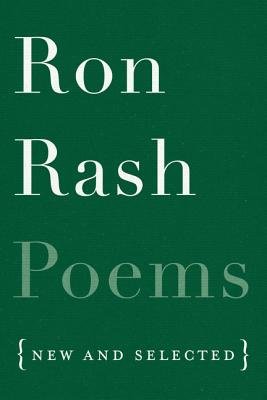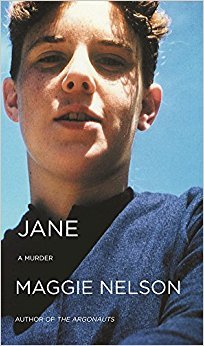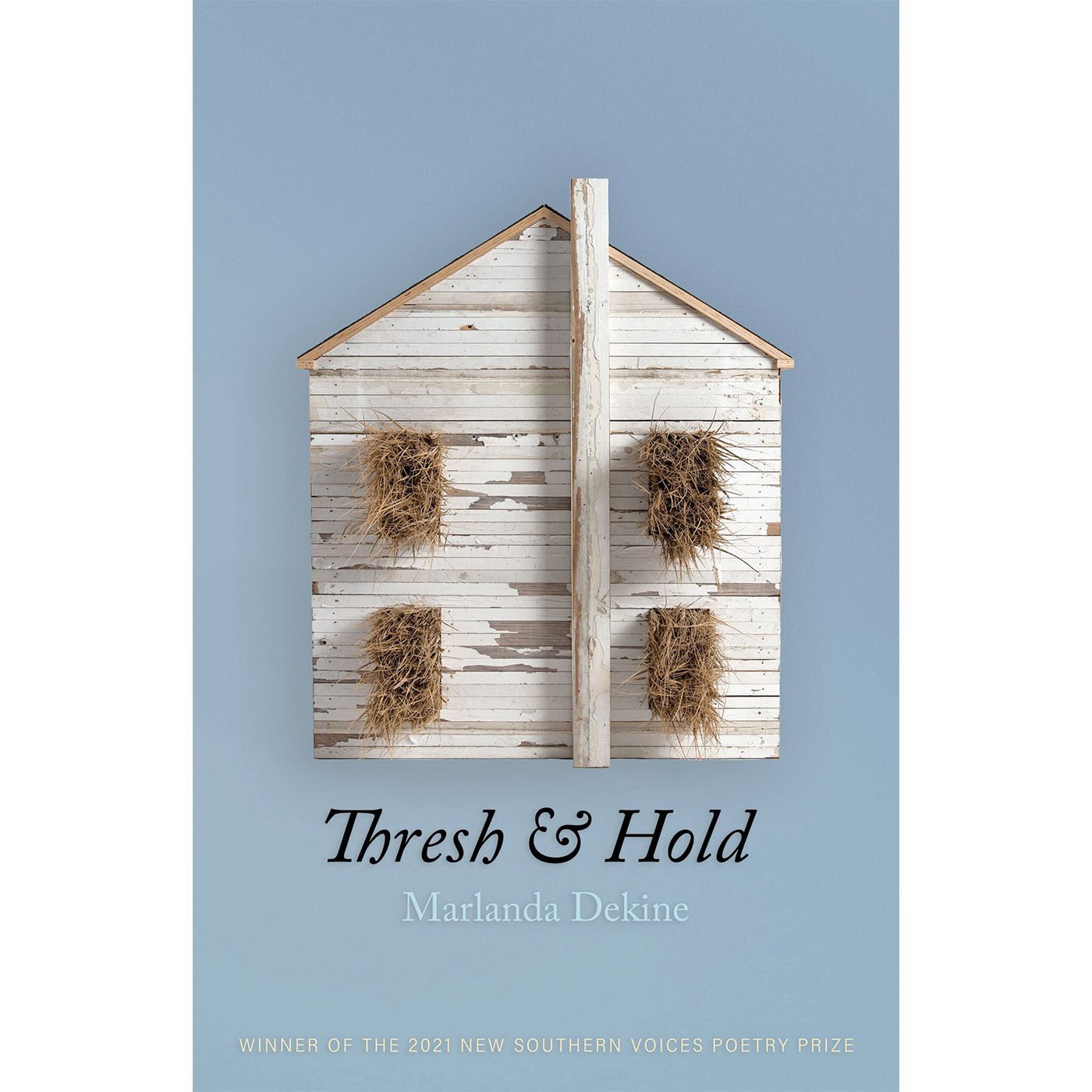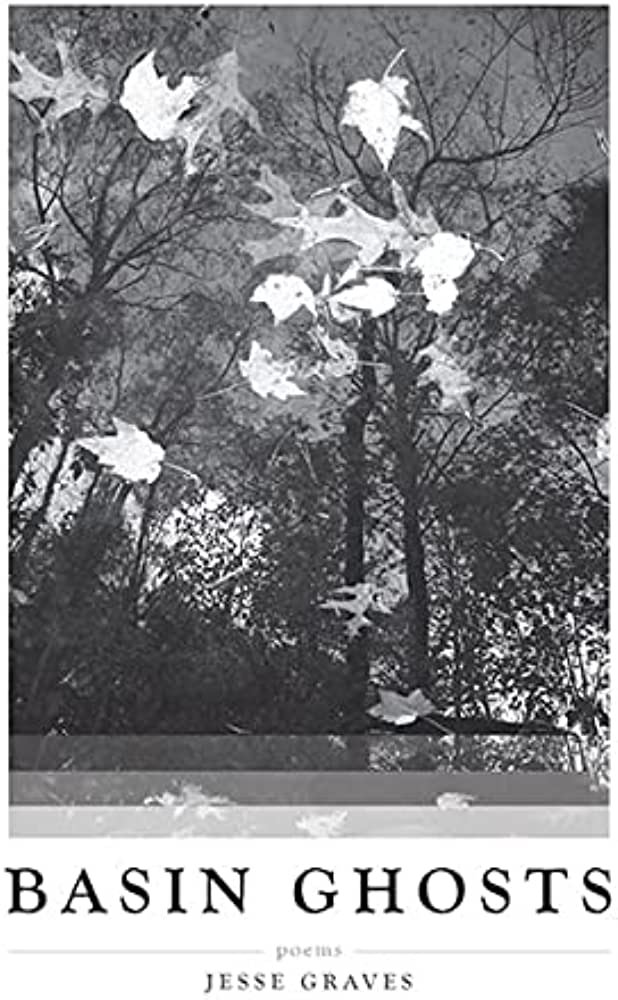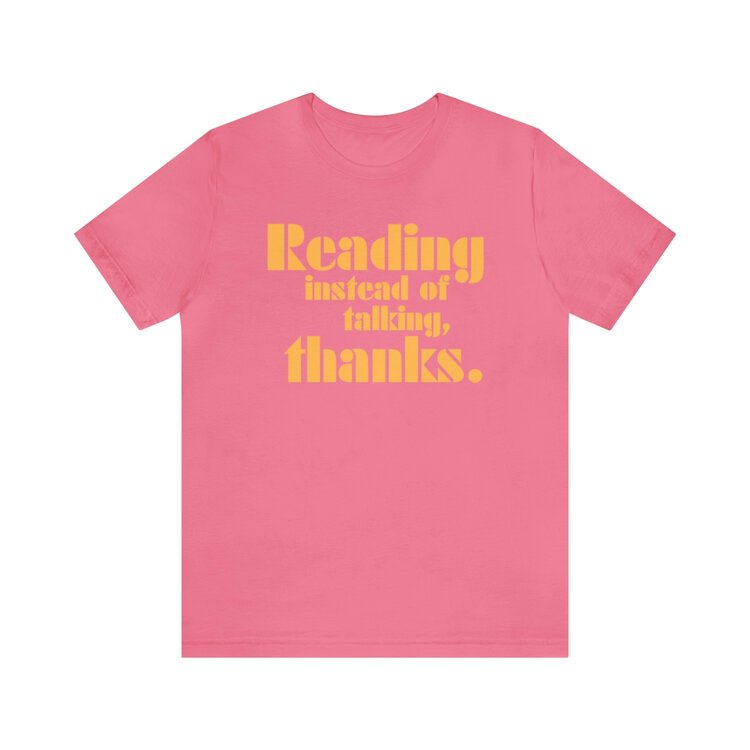On Time
I decided to write about time for this month’s essay before I realized that we started This Is Working one year ago today. I find that amazing. I also find it amazing that my first essay for this community began with the story of the Carolina wrens who built a nest in our carport, a carport that was then scheduled for imminent demolition once we began a long awaited addition to our little house here in Wilmington, North Carolina. Guess what. We still haven’t begun that damn addition, but this week we finally closed on a loan to fund it, and demolition is scheduled to begin next week on June 6. Irony of ironies? Another wren’s nest appeared in the carport a few days ago, and yesterday I had to take a breath, climb the ladder, and remove the nest from the carport’s eaves before eggs were laid and, after the chaos begins, abandoned.
We think of time as linear, but its circular nature never fails to surprise me, nor does its elasticity. And the elasticity of time is what I planned to write about for this month’s essay. Most of us, whether we’re writing poems, essays, stories, novels, or memoirs, are probably thinking of time in terms of its being one of the three dramatic unities of action, place, and time derived from Aristotle’s Poetics. In our work, we use time to track action is it unfolds in a single place, and then we conclude the scene and begin with the next one, once again paying attention to those unities. Writers, we don’t have to do it this way, but we do. There is something about the western mindset that coerces us - perhaps it’s cultural inertia - to see time as this linear phenomenon that can be tracked from start to finish over the course of a scene. Not all writers perceive or portray time this way, and we don’t have to either, especially when our daily lives - take my wrens for example - seem to point toward time being bound up in a continuum that’s more circular than linear.
In terms of its use of time, Rachel Kushner’s 2013 book The Flamethrowers is a relatively traditional novel. It follows a young woman named Reno into the worlds of motorcycle racing, art, and radical politics in New York City and Italy in the mid to late 1970s. I read the novel and enjoyed it, and I enjoyed meeting Rachel Kushner when we shared the stage together at an event in Florida in 2014.
But one thing I loved about The Flamethrowers is a very small moment during a scene at a dinner that Reno attends at an artist’s home in New York with her boyfriend Sandro. While the dinner party is unfolding and various guests hold court on their theories of the political and cultural moment in New York, the narrator gives us a brief flash forward by showing the reader how Reno and Sandro will recount, perhaps lampoon, these conversations later that evening in bed. It’s a small moment in the novel, but in that moment I felt myself whiplashed forward in time in a way that drew the present and the future closer together. The narrator was able to give me an impression of the current moment in the novel by telling me how it would linger in the characters’ minds later. It was masterful, and I’ve never stopped thinking of it.
As a writer I’m always reading to learn, so I learned from what Kushner did, and I thought, If it worked in a scene can it work in an entire novel? The novel I’m currently working on - yes, that’s right, I’m still not done - has two timeframes running concurrently. The first is set in mid-August of 2018 in the Cape Fear region of North Carolina. The second timeline, which will be introduced en media res a la Kushner, occurs exactly one month later when a major hurricane wreaks havoc on the lives of the people we’re getting to know, all of them unaware of the terror that’s headed their way.
Kushner does it in a scene. I’m trying to do it throughout a novel. My friend Ron Rash, whose book Poems: New and Selected is the June selection of the Open Canon Book Club, can do it in 35 lines of iambic tetrameter. Take a moment to read - and if you’re like me, marvel at - his poem “Under Jocassee,” which is about the planned flooding of Jocassee Valley in 1973. A 7,600 acre reservoir of crystal clear mountain water now sits atop flooded land where people lived and worked for generations.
One summer morning when
the sky is blue and deep
as the middle of the lake,
rent a boat and shadow
Jocassee’s western shoreline
until you reach the cove that
once was the Horsepasture River.
Now bow your head and soon
you’ll see as through a mirror
not a river but a road
flowing underneath you.
Follow that road into
the deeper water where
you’ll pass a family graveyard,
then a house and barn.
All that’s changed is time,
so cut the motor and drift
back sixty years and remember
a woman who lived in that house,
remember an August morning
as she walks from the barn,
the milking done, a woman
singing only to herself,
no children yet, her husband
distant in the field.
Suddenly she shivers,
something dark has come
over her although
no cloud shades the sun.
She’s no longer singing.
She believes someone
has crossed her grave, although
she will go to her grave,
a grave you’ve just passed over,
wondering why she looked up.
Ron does a lot of cool stuff in this poem. First, it’s an invocation of sorts in which the speaker beckons the reader to act as the poem’s main character (rent a boat; bow your head; follow that road). This sweeps us up into the world of the poem, and soon we are doing the things the speaker tells us we are doing. In the poem’s opening lines, Ron uses present tense to bring an urgency and immediacy to our actions. Look at the present tense verbs he uses: rent, shadow, bow. But then a funny thing happens. The tense changes.
After we bow our heads, which people do when they’re praying or thinking or grieving, the verb tense switches to future (soon you’ll see as through a mirror). A few lines later the speaker tells us “you’ll pass a graveyard.” Stick with me here because the tense changes again to the past perfect, which means past past. The kind of past that predates our having rented the boat and our having shadowed the shoreline and our having bowed our heads. The line that uses past perfect is “All that’s changed is time.” Indeed. There are many tenses in this poem, but this is the only line that makes use of past perfect, that past past.
And just like that we are back in the present tense, sitting in the boat as we drift along. The verbs are cut, drift, remember, and a second remember. And then. Then. THEN. THEN, Ron does something that takes my breath away every time I read this poem; he marries our present tense with the present tense of a woman who’s living in the past. Ron carries us from our present tense verbs (cut, drift, remember) right into her present tense verbs (walks, shivers, shades). Time has collapsed, and the present and the past have been drawn together. Not only are we inhabiting the same space as the woman from the past, we are inhabiting the same moment. What magic.
Time can carry us forward through a scene from its start to its finish. It can whip us from one moment to a moment in the near future. It can also take us back regardless of if we’re floating to the middle of a lake or climbing a ladder and reaching up, tending to a time we thought had passed.
Exercise
You guessed it: Time to play with time. Write a poem or scene in which you dare share with the reader how this moment will be replayed later on in the character’s life, whether it be that evening or ten years down the road. Or, consider how land and landscape changes over time. Write a scene or a poem in which landscape is portrayed, and then move us forward in time. How has it changed? How has it remained the same?
Share your exercise responses!
Want to share your responses to this exercise? Please click here. (Link has been removed.) Please feel free to comment on one another’s work. This is a community after all!
Share your own publishing news!
I would love to know your thoughts about how you plan to work in the New Year. You can share with other members here. (Link has been removed.)
THE JUNE SELECTION OF THE OPEN CANON BOOK CLUB
Poems: New and Selected by Ron Rash
A collection of haunting lyricism that evokes the beauty and hardship of the rural South, by a revered American master of letters--the award-winning, bestselling author of the novels Serena, Something Rich and Strange, and Above the Waterfall.
In this incandescent, profound, and accessible collection, beloved and award-winning poet, novelist, and short-story writer Ron Rash vividly channels the rhythms of life in Appalachia, deftly capturing the panoply of individuals who are its heart and soul--men and women inured to misfortune and hard times yet defined by tremendous fortitude, resilience, and a fierce sense of community.
In precise, supple language that swerves from the stark to the luminous, Rash richly describes the splendor of the natural landscape and poignantly renders the lives of those dependent on its bounty--in cotton mills and tobacco fields, farmlands and forests. The haunting memories and shared histories of these people--their rituals and traditions--animate this land, and are celebrated in Rash's crystalline, intensely imagined verse.
With an eye for the surprising and vivid detail, Ron Rash powerfully captures the sorrows and exaltations of this wondrous world he knows intimately. Illuminating and indelible, Poems demonstrates his rich talents and confirms his legacy as a standard-bearer for the literature of the American South.
Click this link (link has been removed) and use the code (code removed) for 20% off Poems: New and Selected from Bookmarks.
On Sunday, July 2 at 8:00 p.m. EST click this link (link has been removed) to join Wiley for a virtual craft talk on Poems: New and Selected. There’s no requirement to have read or finished the book to join us.
IF YOU LIKED Poems: New and Selected YOU MIGHT LIKE…
Jane: A Murder by Maggie Nelson
Part elegy, part true crime story, this memoir-in-verse from the author of the award-winning The Argonauts expands the notion of how we tell stories and what form those stories take through the story of a murdered woman and the mystery surrounding her last hours.
Each piece in Jane has its own form, and the movement from each piece to the next--along with the white space that surrounds each fragment--serve as important fissures, disrupting the tabloid, “page-turner” quality of the story, and eventually returning the reader to deeper questions about girlhood, empathy, identification, and the essentially unknowable aspects of another’s life and death. Equal parts a meditation on violence (serial, sexual violence in particular), and a conversation between the living and the dead, Jane’s powerful and disturbing subject matter, combined with its innovations in genre, shows its readers what poetry is capable of--what kind of stories it can tell, and how it can tell them.Thresh and Hold by Marlanda Dekine
Marlanda Dekine’s debut collection is a holy, radical unlearning and reclamation of self. What does it mean to be a Gullah-Geechee descendant from a rural place where a third of the nation’s founding wealth was harvested by trafficked West and Central Africans? Dekine’s poems travel across age and time, signaling that both the past and future exist in the present. Through erasure and persona, Dekine reimagines intergenerational traumas and calls institutions from the Works Progress Administration narratives to modern-day museums to task.
Beyond gospel music, fear, and the stories of generations past, Thresh & Hold offers magic, healing, and innovative pathways to manifest intimacy. Dekine remembers, remakes, and brings forth their many selves, traveling far in order to deeply connect to a spiritual home within and all around them, calling: “I am listening to Spirit. I am not dying today.”
Basin Ghosts by Jesse Graves
Basin Ghosts is a collection of original poems by Jesse Graves, author of Tennessee Landscape with Blighted Pine. Many poems in Basin Ghosts address places and themes that resonated in Graves's first collection, which won the Weatherford Award, the Thomas and Lillie D. Chaffin Award, and the Appalachian Writers' Association Book of the Year Award in Poetry. The poems in Basin Ghosts examine life in the rural South, changes that have occurred over generations in communities there, and the ways in which the past lives on through memory and attachment to the land.


